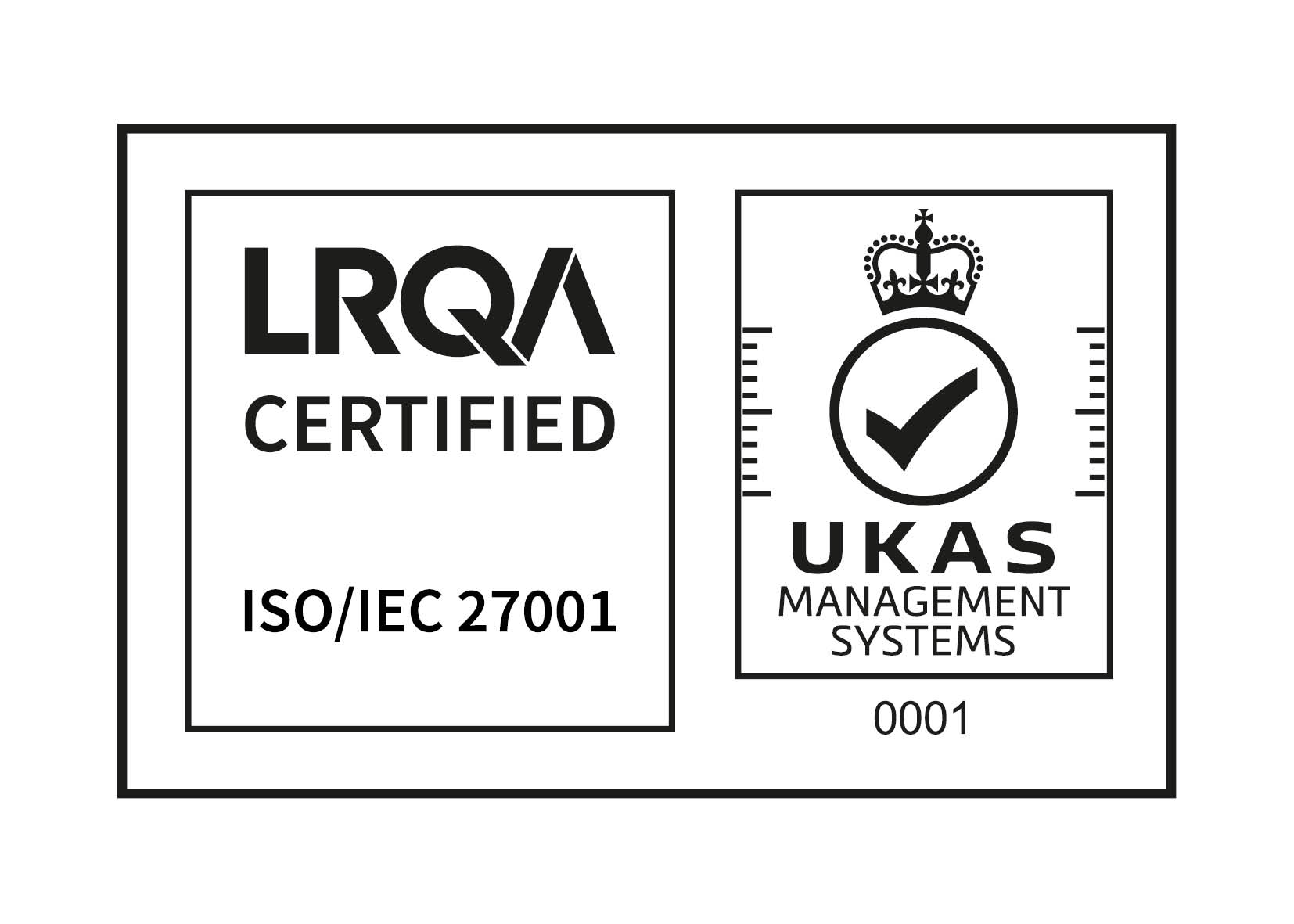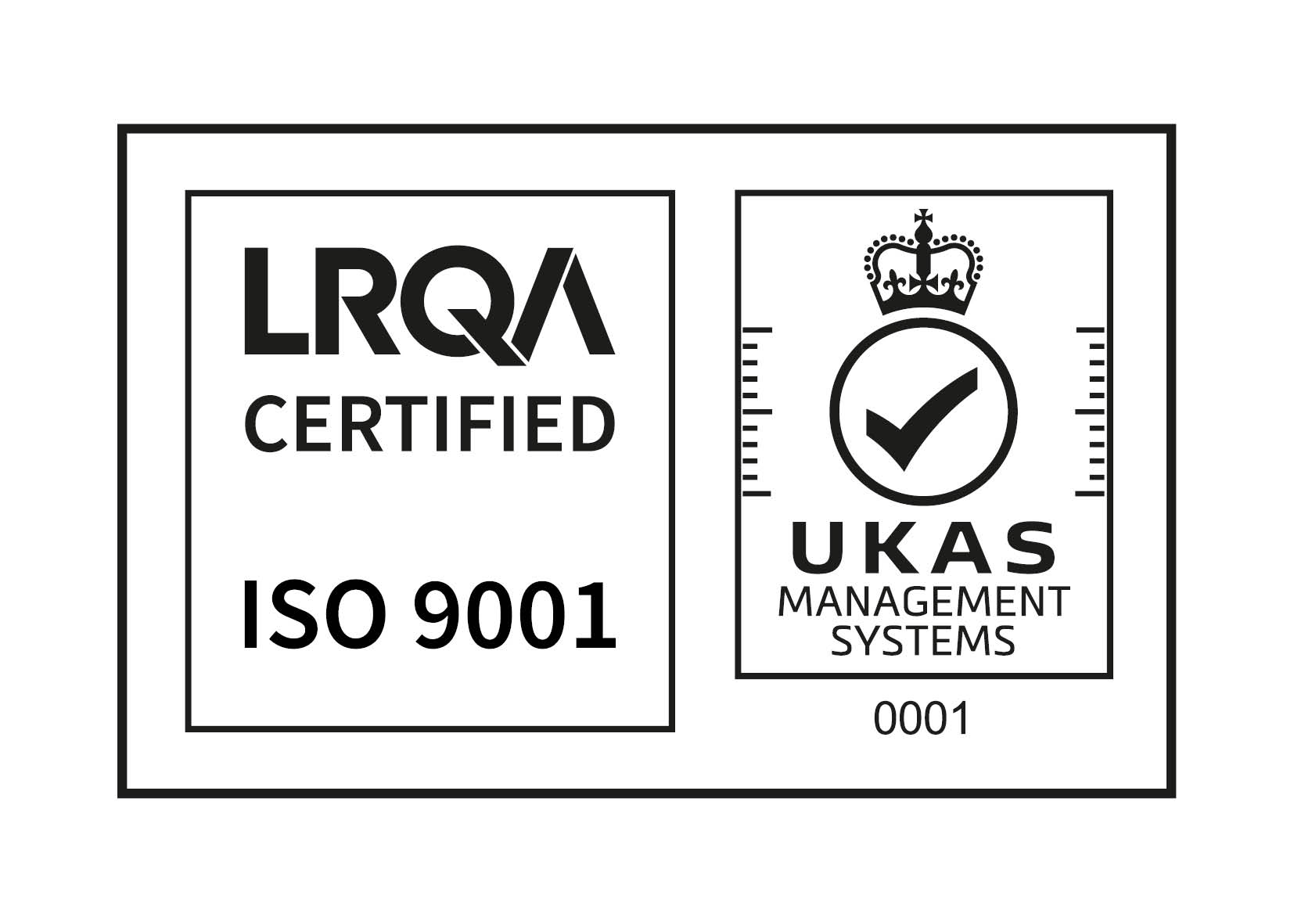Share this
How Conflict at Work Impacts Your Bottom Line
by Emma Laxton on April 2, 2024
Discover the financial impacts of workplace conflict & how HR case management software can help reduce employee turnover, fostering harmony and saving costs!
The Impact of Employee Turnover on Company Success
Unsurprisingly, unhappy employees have more absences or leave than happy employees; and employee turnover has a real and damaging impact on your bottom line. In most companies’ employees are the biggest cost. Understanding the reasons behind employee turnover is crucial for developing effective strategies to improve company culture and subsequently retain top talent.
One of the key factors which plays into employee turnover is conflict in the workplace. 10 million workers in the UK have encountered conflict at their workplace and around half of these have suffered stress, anxiety, or even depression as a result*. Around 500,000 employees have subsequently resigned, with a further 900,000 taking time off and 300,000 being dismissed.
When employees leave the organisation, it not only disrupts their day-to-day job function but also affects team dynamics and overall productivity. Employee turnover can result in a loss of institutional knowledge and experience, negatively impacting decision-making processes. It can also lead to a decrease in employee morale and engagement, as remaining employees may feel overburdened or undervalued.
Additionally, the cost of hiring and training new employees can be substantial. To replace a staff member who resigns costs an organisation on average £7.2k in recruitment expenses and a further £30k in lost sales and productivity.
Conflict in the workplace can have other financial impacts too. The average grievance case costs an organisation £1.1k in handling and payout, while a disciplinary case costs £1.3k. If a case is escalated to a tribunal, it could cost your organisation £12k before it even reaches court and that is not to mention the reputational damage.
Ultimately, it’s important to take proactive measures to improve company culture in order to address any underlying issues and reduce turnover rates.

Utilising HR Case Management Tools to Enhance Employee Engagement
HR case management tools are invaluable in the fight to reduce employee turnover.
- They enable HR departments to provide timely and effective support to employees, fostering a culture of transparency and trust. This level of responsiveness can significantly improve employee engagement and satisfaction.
- As centralised repositories for employee issues, they collect a wide range of data for each case type. This includes metrics relating to employee turnover such as reasons for dismissal/resignation and details of what has been discussed in exit interviews.
- Their dashboards and other reports act as early warning signals. Persistent or repetitive absences for example may be indicative that someone is struggling, and case clusters can highlight hotspots in a certain department or job role. Centralised HR case management systems ensure that senior management have accurate visibility of what’s happening across the organisation.
- Dignity at Work is quite rightly a hot topic and cases can be highly sensitive. Users of our case management software report that it ensures the right data is recorded on a case, rather than too much or too little. This means they can be confident that there are no important knowledge gaps and that confidential case data is protected.
To maximise the interpretation of this data, most HR case management tools have advanced analytics capabilities. This allows HR professionals to identify data trends and patterns related to employee turnover. They can then identify the root causes of absences, employee turnover or general conflict within the organisation – for example, poor management practices, lack of opportunities, or cultural issues. Once identified, it is possible to quickly implement appropriate solutions.
In conclusion, implementing HR case management tools can significantly contribute to reducing employee turnover rates. By understanding the impact of turnover and utilising case management tools to enhance employee engagement, organisations can create a positive company culture and retain top talent.
Share this
- April 2025 (3)
- February 2025 (3)
- December 2024 (1)
- November 2024 (1)
- October 2024 (1)
- June 2024 (1)
- May 2024 (2)
- April 2024 (2)
- March 2024 (1)
- February 2024 (1)
- January 2024 (1)
- December 2023 (1)
- November 2023 (2)
- October 2023 (1)
- August 2023 (2)
- July 2023 (2)
- June 2023 (2)
- May 2023 (1)
- April 2023 (3)
- February 2023 (3)
- December 2022 (2)
- October 2022 (1)
- September 2022 (3)
- August 2022 (2)
- July 2022 (2)
- June 2022 (1)
- March 2022 (2)
- February 2022 (1)
- January 2022 (1)
- December 2021 (1)
- October 2021 (1)
- June 2021 (2)
- May 2021 (1)
- February 2021 (2)
- October 2020 (1)
- September 2020 (1)
- August 2020 (1)
- July 2020 (1)
- June 2020 (3)
- April 2020 (1)
- October 2019 (2)
- September 2019 (2)
- May 2019 (1)
- March 2019 (1)
- November 2018 (1)
- July 2018 (1)
- November 2017 (1)
- September 2015 (1)





